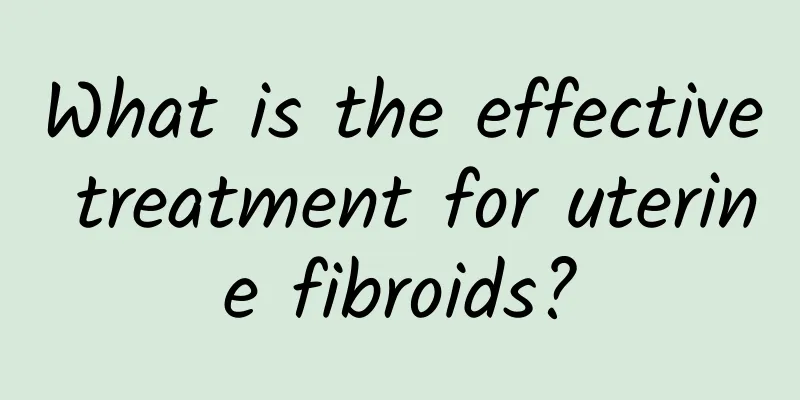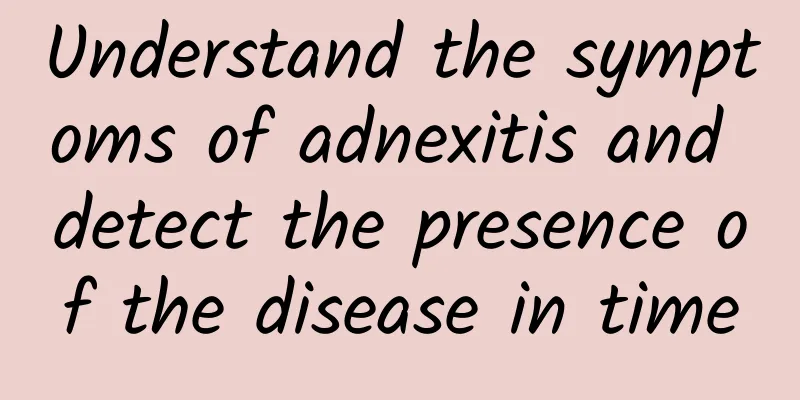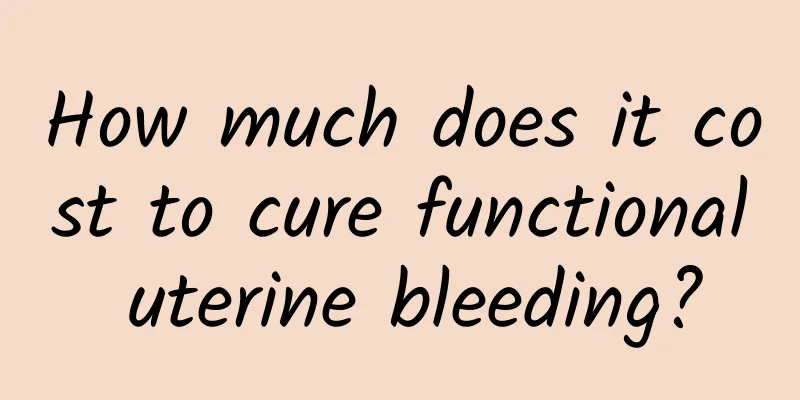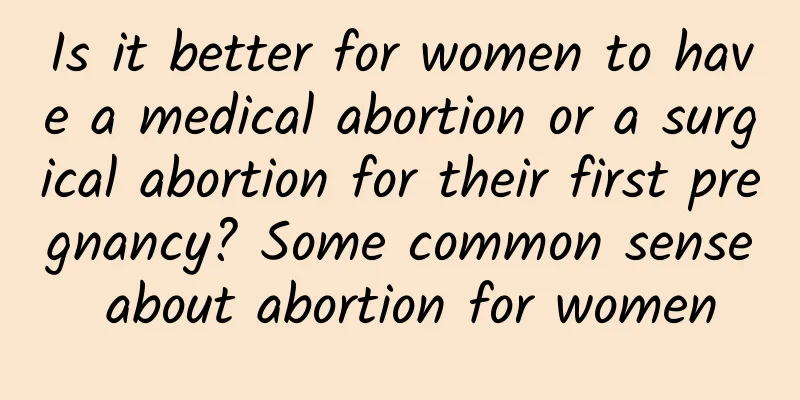What is the effective treatment for uterine fibroids?

|
Treatments for uterine fibroids include medication, surgery, and lifestyle adjustments. The specific choice depends on the condition and patient needs. Gonadotropin-releasing hormone agonists, mifepristone, and oral contraceptives are commonly used for medication. Myomectomy, uterine artery embolization, and hysterectomy are options for surgical treatment. Lifestyle adjustments include diet optimization and moderate exercise. 1. Drug treatment is a common choice for uterine fibroids and is suitable for patients with mild symptoms or who wish to retain fertility. Gonadotropin-releasing hormone agonists reduce the size of fibroids by inhibiting ovarian function and reducing estrogen secretion. Mifepristone is an anti-progestin drug that can inhibit fibroid growth and relieve symptoms. Oral contraceptives reduce menstrual volume and relieve pain by regulating hormone levels. 2. Surgical treatment is suitable for patients with large fibroids, severe symptoms or ineffective drug treatment. Myomectomy removes fibroids through surgery and preserves the uterus. It is suitable for patients who want to have children. Uterine artery embolization blocks the blood supply of fibroids, causing them to shrink gradually, with less trauma. Hysterectomy is suitable for patients who do not want to have children or have recurrent fibroids, and completely solves the fibroid problem. 3. Lifestyle adjustment has a positive effect on relieving uterine fibroid symptoms and preventing recurrence. It is recommended to increase fiber-rich foods such as whole grains, vegetables and fruits, and reduce the intake of high-fat and high-sugar foods. Moderate exercise such as yoga, walking and swimming can help regulate hormone levels, improve blood circulation and relieve symptoms. The treatment of uterine fibroids requires selecting appropriate methods based on individual circumstances. Drug therapy, surgical treatment and lifestyle adjustments each have their own advantages. Patients should develop a personalized treatment plan under the guidance of a doctor to achieve the best results and improve quality of life. |
<<: Can cervical bleeding cause miscarriage?
>>: Can you still get pregnant with endometriosis?
Recommend
Why do women get uterine fibroids? To prevent uterine fibroids, you need to do these 3 things
There are many reasons that induce uterine fibroi...
The price of progesterone for irregular menstruation
How much does it cost for women to treat menstrua...
9 dietary suggestions for gout to prevent diseases of affluence
Whether in the ward, outpatient clinic or friends...
What should I prepare for mountain climbing? Learn to overcome 3 sports injuries first!
"You must climb Mount Yushan once in your li...
What are the specific symptoms of cervicitis?
The symptoms of cervicitis vary according to diff...
What are the symptoms of incomplete abortion? Two symptoms after abortion indicate that it is incomplete
Abortion is very common, and it is the best choic...
How long after angiography can I have sex?
Hysterosalpingography is a very common physical e...
What harm will ectopic pregnancy cause to women?
Now more and more women want to know about ectopi...
The best time for abortion in unexpected pregnancy
Young people cannot control their emotions and ar...
Be careful of ectopic pregnancy when these symptoms appear!
What are the symptoms of ectopic pregnancy? For p...
The coach will help you lose weight quickly! 8 sets of light muscle exercises to transform into Captain America
Do you want Captain America's muscular body? ...
Can I eat vinegar and soy sauce after a miscarriage?
After a miscarriage, you can eat a moderate amoun...
Is moxibustion effective for adenomyosis?
Is moxibustion useful for adenomyosis? Moxibustio...
How to regulate menstruation after abortion? 4 treatment methods for menstruation after abortion
In fact, today's female friends do not know h...
Women over 30 should be alert to uterine fibroids!
Uterine fibroids are the most common benign tumor...









